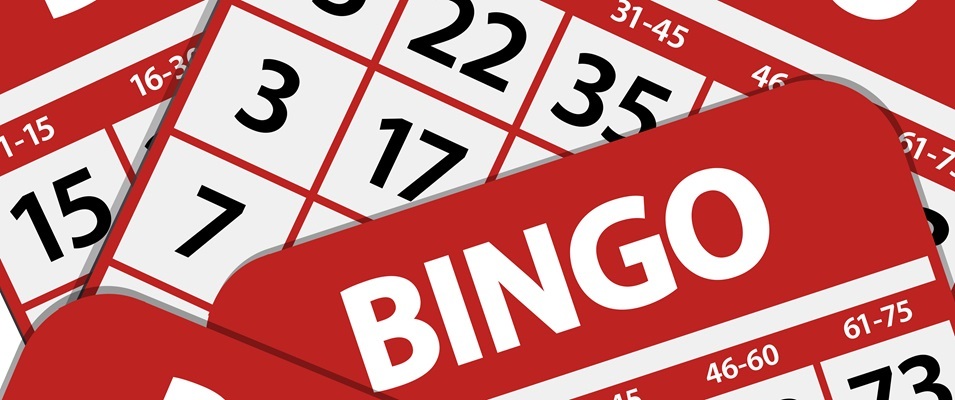The media often reports about victims of scams and fraud. More recently, we have been hearing about Canada Revenue Agency scams. You might have even received an email or text message regarding this. Fraudulent communication comes in various types, such as telephone calls, letters, emails, and text messages.
Canada Revenue Agency, also known as CRA, does not communicate in the following ways. They don’t send emails with links, asking for you to provide personal or financial information, nor do they send text messages, asking for any kind of personal information. They don’t request payments by prepaid credit cards or provide personal information to another person, unless formal authorization is provided by the taxpayer. They will also never leave personal information on an answering machine.
Dorothy Dyck, Compliance Administrator at Niverville Credit Union, recently received a call from someone stating they were from CRA. “I received a call from a male. He stated he was calling from Canada Revenue Taxation, and continued to state it several times throughout the conversation.”
Being an employee of a financial institution, you familiarize yourself with fraudulent activity and develop an instinct. “The man was very insistent and instructed me to not hang up,” Dyck says.
If you are ever in doubt about the information you have been given, or are contacted by someone you are unsure of, follow up with the company, ask them for a phone number to call them back at, then provide that number to local authorities or contact someone you trust to help you investigate further.
If you have been a victim of a scam or fraud, please contact your local law enforcement, along with any company you believe your information may have been compromised with. You may also contact the Canadian Anti-Fraud Centre: 1-888-495-8501 or visit their website at www.antifraudcentre-centreanti...




















